When was the last time you read an entire book, cover to cover, before starting another? (If that’s just the way you operate, please—tell me your secret.) As Stanford’s Biblio File editor, I read three to five per week, and often a few more. Before I finish those, I’ve skimmed, thumbed through, and sticky-noted twice as many, sorting them into next-ups and next-months. My brain is so book-focused it’s a wonder I get anything else done. Now I get to share more of them with you. Each month in Book Nook, you can find a few good reads by Stanford alumni and faculty.
July 2025
Summertime, and the livin’ is easy—especially when you have a book or two, or 15 on your nightstand and a few dozen more on your circa-2012 Kindle. (I don’t judge.) So, why not lose yourself in a good story? IMO, there’s no better way to while away a lazy day.
Here’s what I’ve been reading recently:
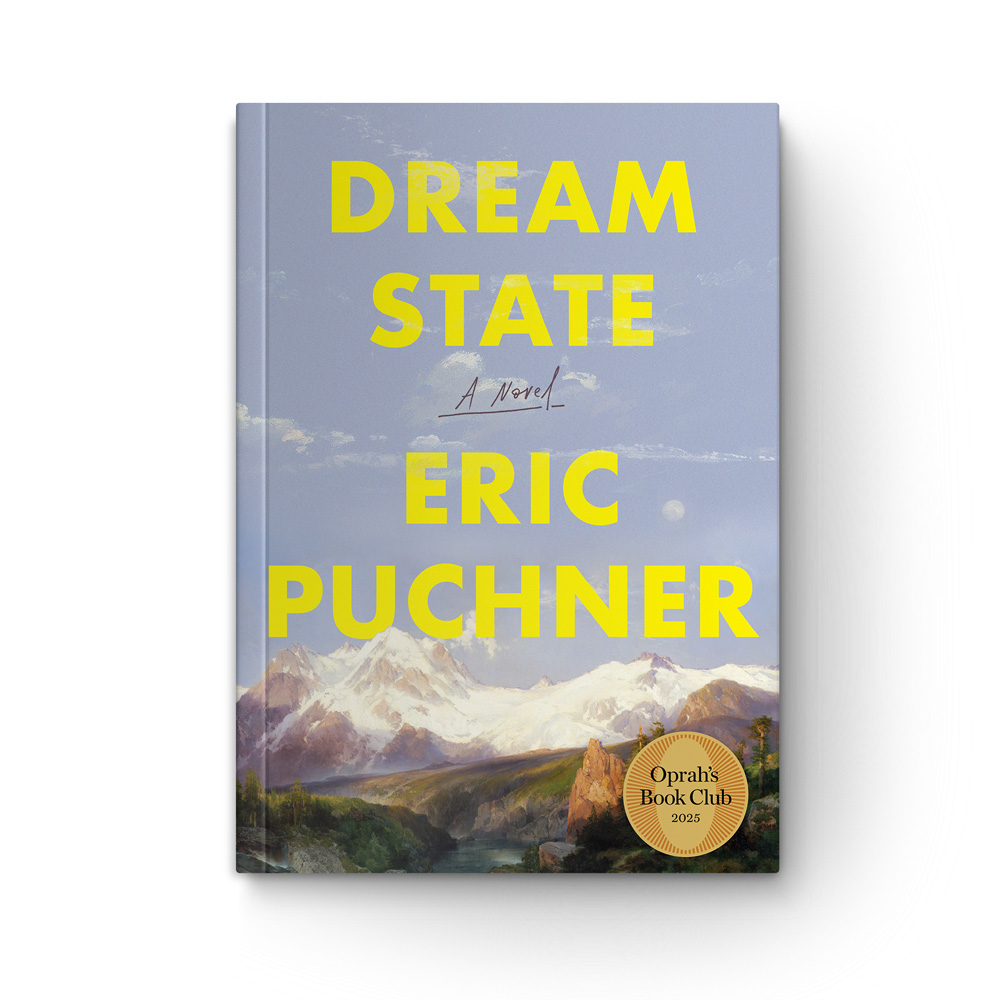
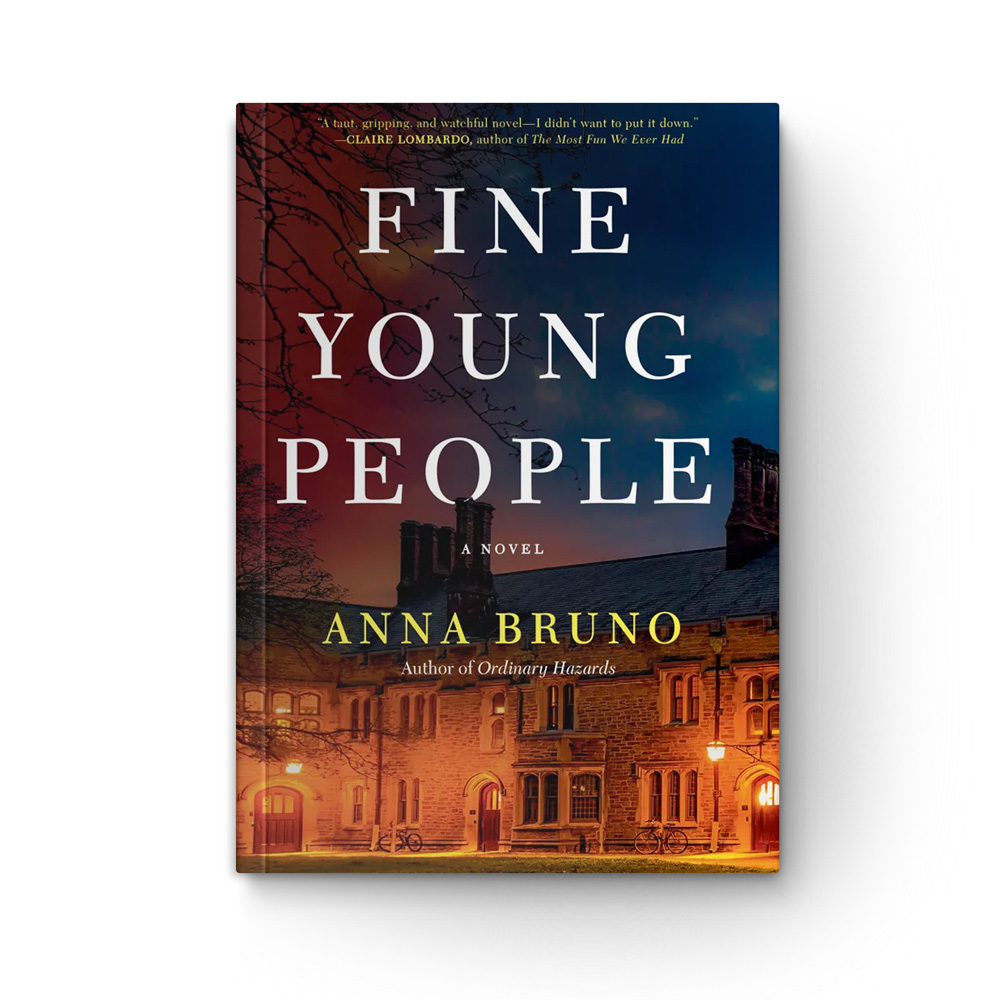
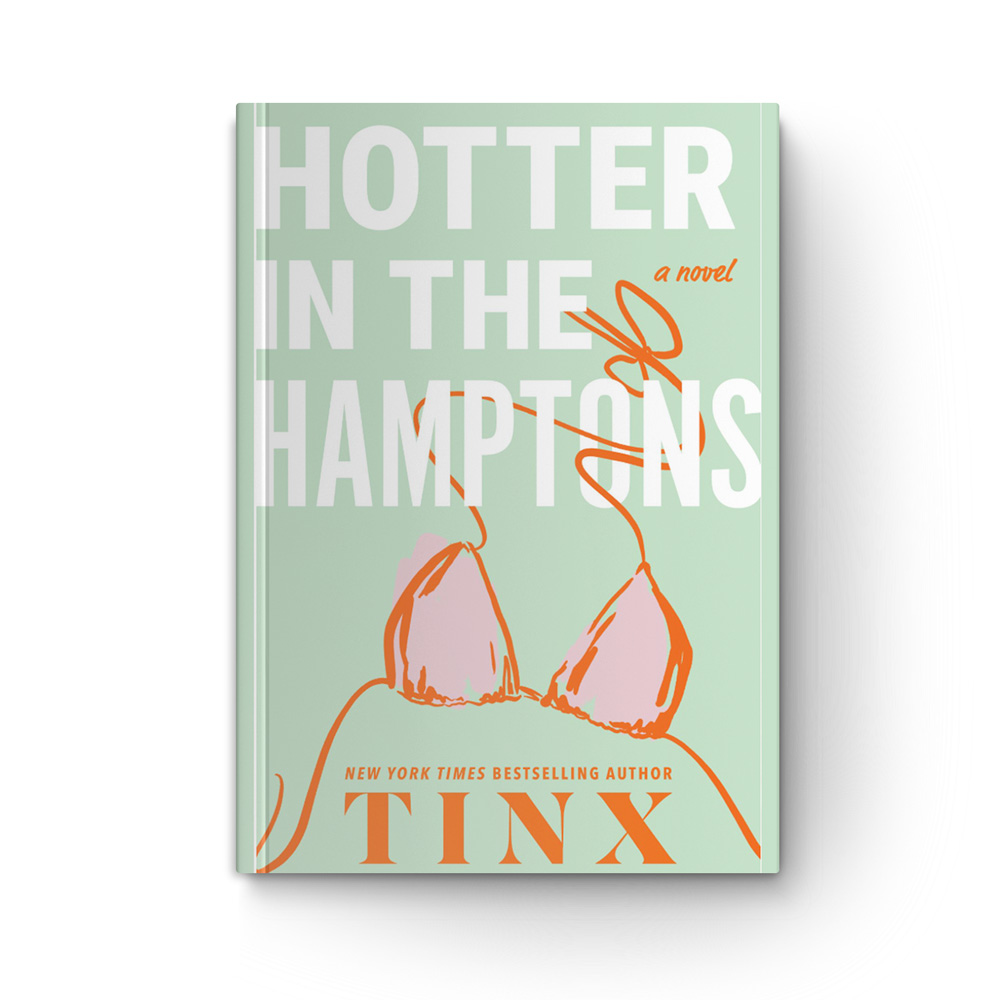
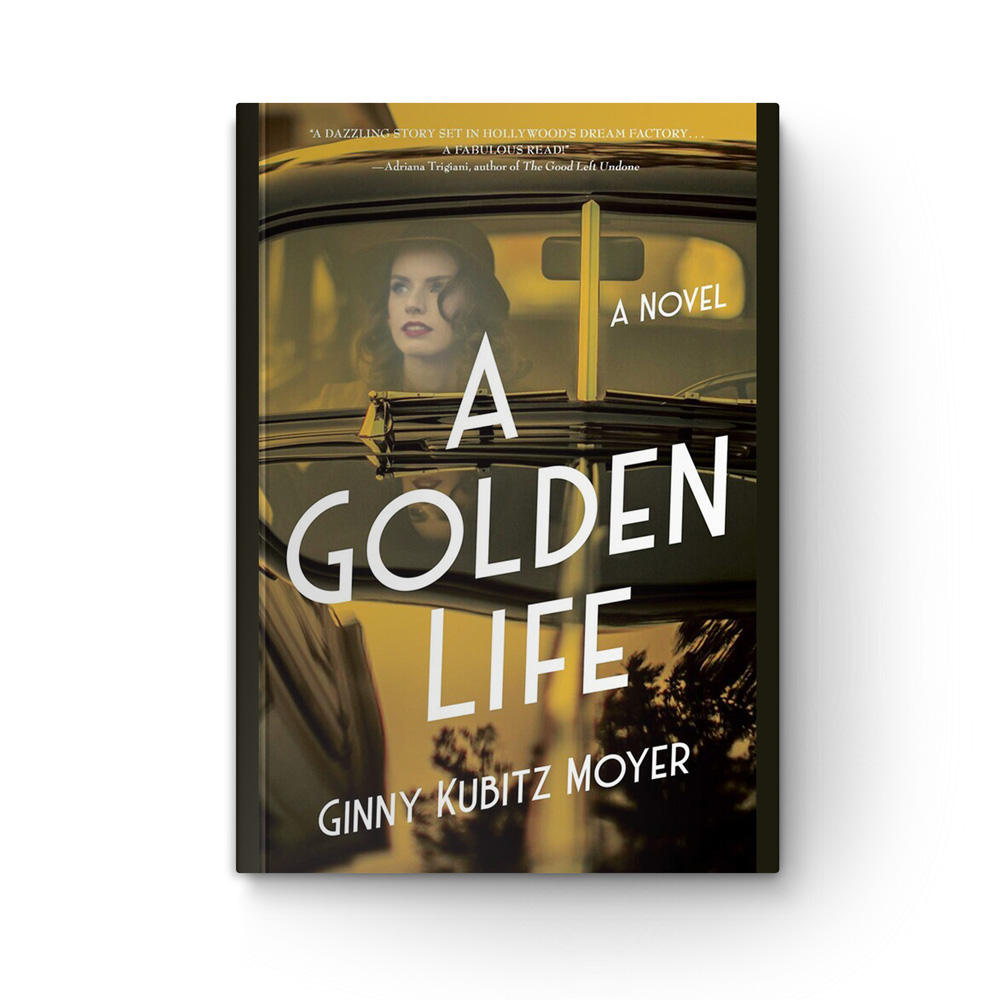
The imagery in Dream State, a novel by 2002–04 Stegner fellow Eric Puchner, has me dreaming of summers spent unwinding in the Big Sky State, especially before the mercury rises further. In Fine Young People, an insightful, plot-driven mystery by Anna Bruno, ’04, the writing and the storyline are on equally solid footing. Hotter in the Hamptons, a novel by Tinx (aka Christina Najjar, ’13), delivers a saucy tale of fame’s fickle felicities in today’s takedown culture. And A Golden Life by Ginny Kubitz Moyer, MA ’98, emphasizes the importance of fidelity to oneself in a portrayal of women’s ambitions and societal expectations in 1930s Hollywood.
June 2025
I wouldn’t judge a book by its cover, but I do admit: Some books are as magnetizing as the flash of a firefly on a summer night. (Just not here in California, where lightning bugs don’t live up to their name.) And when the story within lives up to the cover’s promise? Well, that’s when I start raving to my friends, family, colleagues, Redditors—anyone who might be of a literary bent.
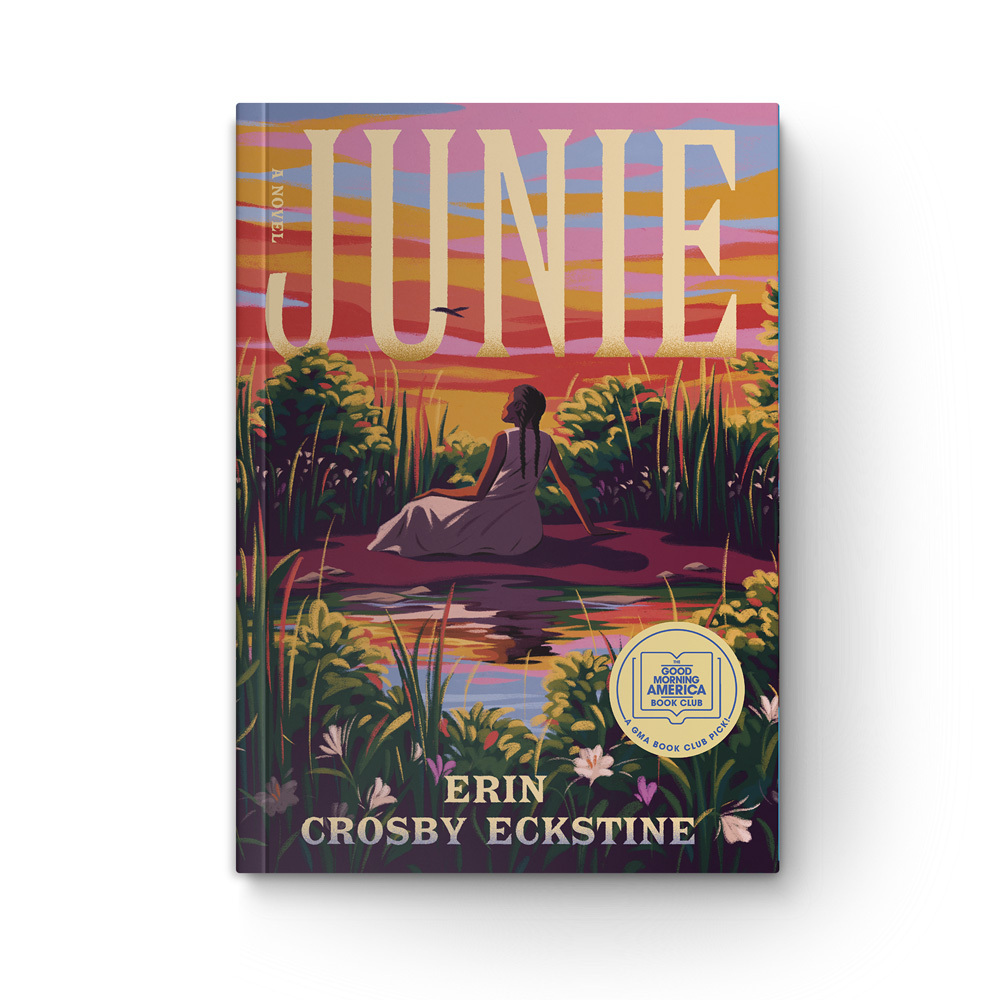
Case in point: Junie by Erin Crosby Eckstine, MA ’17. From the very beginning, the debut novel delivers a narrative as rich in power and emotion as its vibrant, layered cover. The genesis of the story is in the author’s spoken family lore, their memories having been passed down from generation to generation, and from her grandmother to her.

That brings me to The Mind Electric: A Neurologist on the Strangeness and Wonder of Our Brains by Pria Anand, MD ’14, which you can look forward to this June. I can’t imagine who wouldn’t gain something by learning how our brains, in sanity and insanity, hold our stories and build narratives that drive us to do mad and wonderful things. And, yes, the cover simply sings.

Equally compelling (and visually striking—that blue!) is The Nimbus by Robert P. Baird, ’00, a novel that’s built around the spontaneous incandescence of a toddler, the son of a divinity school professor. The child appears to be aflame—simultaneously ablaze and unharmed. But not everyone can see it, including his mother. This one, too, is coming in June, and it’s worth the wait.
May 2025

Overachiever. Perfectionist. Overworked. Unsatisfied. Feel familiar? Chances are your intuition is flashing distress signals: Something needs to change. In Directional Living: A Transformational Guide to Fulfillment in Work and Life, Megan Hellerer, ’06, a former Googler turned career coach, makes a convincing case for stepping off the achievement/productivity merry-go-round so you can build the life you’ve always wanted. Brainstorming prompts help you envision it.

In Truth Demands: A Memoir of Murder, Oil Wars, and the Rise of Climate Justice, Abby Reyes, ’95, opens up about her three-decade, three-continent journey to find the facts behind the murder of her partner and two others. It’s an insightful, sobering story that (spoiler alert) ends on a note of hope and healing.
April 2025

This update is brought to you by sheer willpower: That’s what it took for me to set aside Chokepoints: American Power in the Age of Economic Warfare by Edward Fishman, MBA ’19, so I could say this: Get your hands on this book. It’s a history of U.S. prowess and its use of strategic sanctions as an act of war. It’s prescient. And at nearly 540 pages, it’s hefty, yet the story flows as quickly as front-page news.
But enough of reality. I’ve spent many evenings, weekends, and wee hours of the morning immersed in fiction. What a gift it is to open a book and ease into another world, especially when it’s in the guise of work. This past month I was surprised to find that three of the novels I was reading had a common thread: how personal tragedy shapes who we become. Said another way: how very resilient we can be.
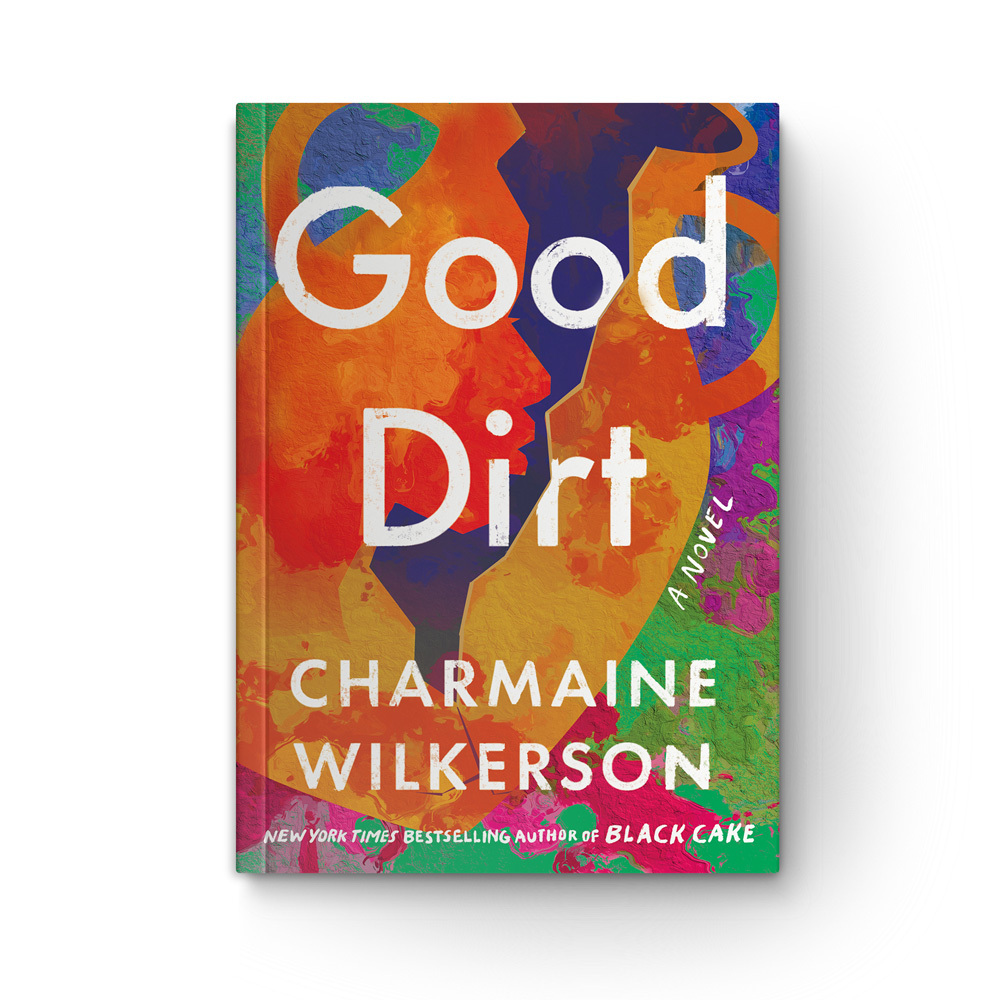


Good Dirt by Charmaine Wilkerson, MA ’83, toggles between present and past as a family comes to terms with the murder of their son and the destruction of their most treasured heirloom, a piece of pottery made by an enslaved ancestor. The Summer Guests by Tess Gerritsen, ’75, follows a neighborhood group of ex-CIA spies doing what they do best after a teenage girl goes missing. Things get awkward when it turns out each of the investigators is connected to her. And in The California Dreamers by Amy Mason Doan, MA ’98, siblings gather to remember their father and their unconventional childhood—a seemingly endless summer cut short by a widely published snapshot of the nomadic family.
Coming in May: Truth Demands: A Memoir of Murder, Oil Wars, and the Rise of Climate Justice by Abby Reyes, ’95—and a lot more.
March 2025

I love a strong debut novel, but a strong second novel—well, that’s when an author’s name stays on my radar. When an advance copy of Our Beautiful Boys landed on my desk, I tucked it into my tote and had finished it by noon the next day. As in his first novel, Members Only (one of my favorite lockdown reads!), Sameer Pandya, PhD ’02, builds worlds through exploring his characters’ inner conflicts and social/societal collisions. In this case, he gives us three troubled SoCal football players and their shell-shocked parents, who find themselves at the mercy of a culture that revels in takedowns.

Speaking of seconds, I just wrapped up my read of Show Don’t Tell: Stories, the second short-story collection by Curtis Sittenfeld, ’97. It was like peering into a kaleidoscope and seeing color for the very first time.
What’s next? I’ll be digging into Good Dirt, a novel by Charmaine Wilkerson, MA ’83, The Summer Guests by Tess Gerritsen, ’75; Dream State by Eric Puchner, a 2002–04 Stegner fellow; The California Dreamers by Amy Mason Doan, MA ’98; and Ordinary Magic: The Science of How We Can Achieve Big Change with Small Acts by professor of psychology Gregory M. Walton, ’00.
February 2025

I just finished Isola by Allegra Goodman, PhD ’97, a fictionalized account of the early life of Marguerite de la Rocque, a 16th-century French noblewoman marooned by her guardian to live as a castaway on a barren island off the coast of Newfoundland. It’s a survival story worth savoring.

Land Power: Who Has It, Who Doesn’t, and How That Determines the Fate of Societies by Michael Albertus, PhD ’11, looks at land ownership as the primary driver of prosperity, equity, and equality. While history’s power-hungry have a poor track record for satiation, evidence of a second “reshuffling” of resources—notably, restitution and reallocation—point to hope on the horizon.

Communism, ascendant? Indeed, around the world and by force, writes historian Sean McMeekin, ’96, in his latest work, To Overthrow the World: The Rise and Fall and Rise of Communism. In short: A bayonet makes quick work of proselytizing.
Jennifer Worrell is Stanford’s copy chief and book wrangler. Find out how to submit your book for consideration.



